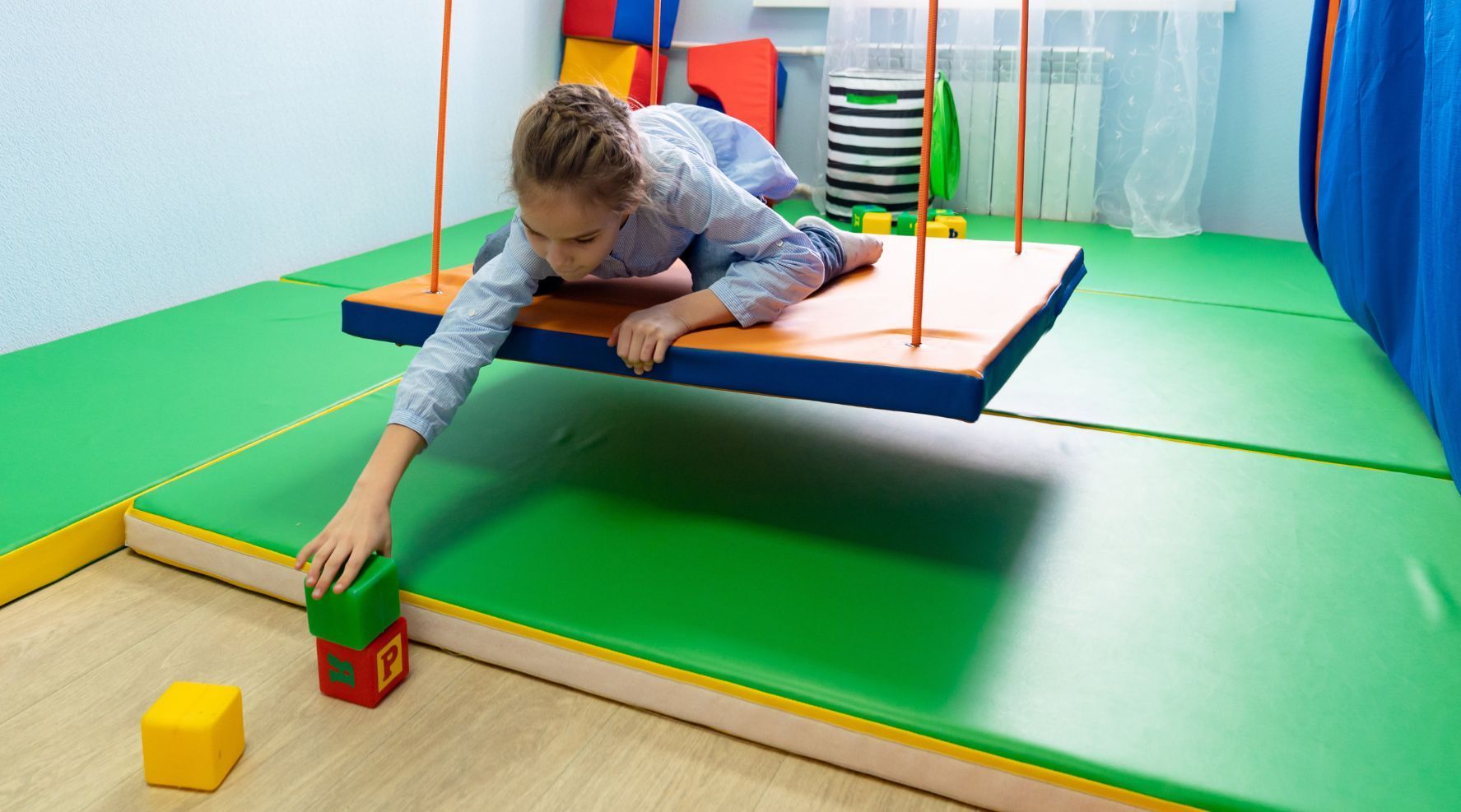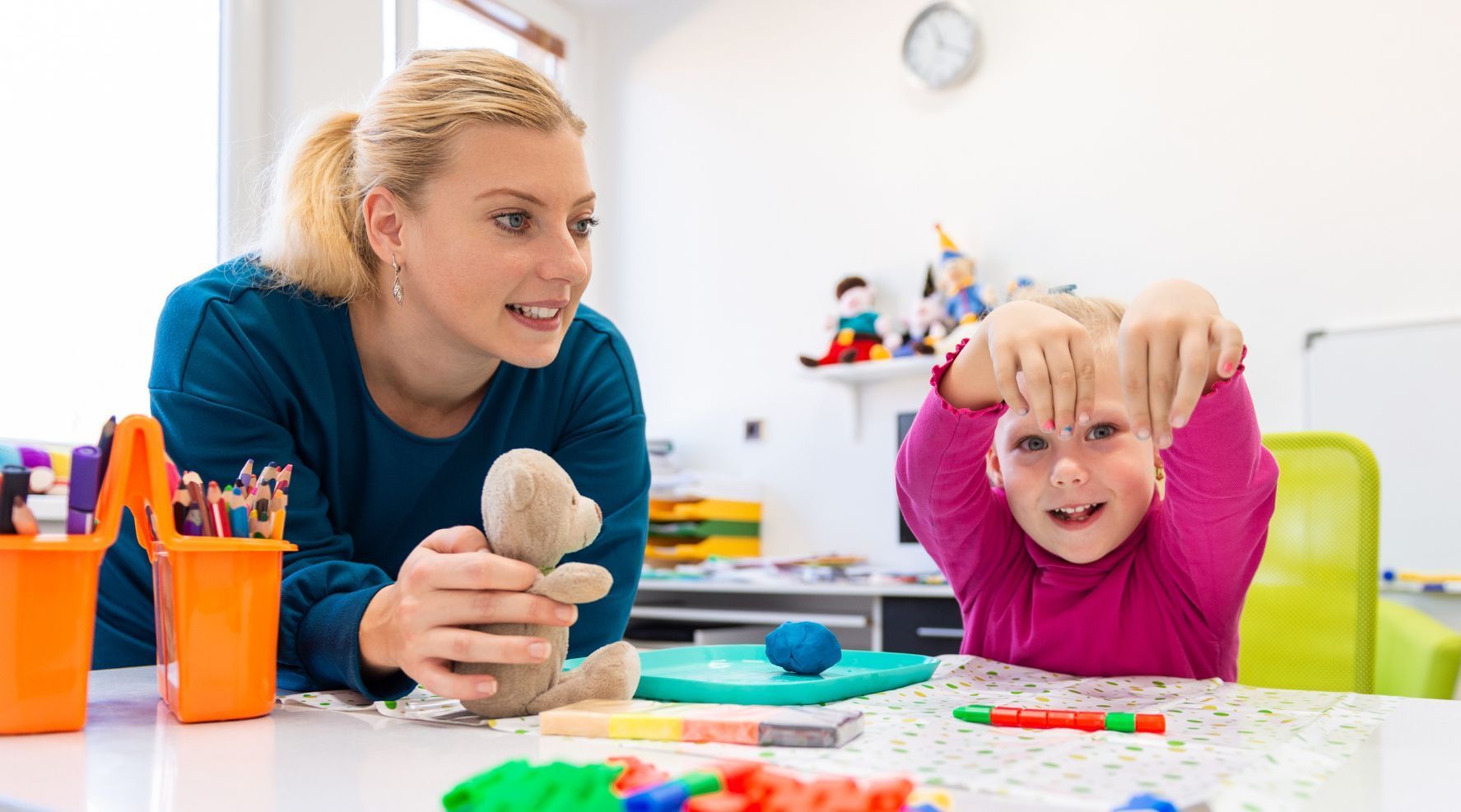Top Home Safety Tips for Parents of Autistic Children
Children with autism may be prone to wandering off or react unpredictably to distressing sensory stimuli. If they’re afraid of sirens or dogs, they might take off running right into moving traffic.
Other sensory differences create dangers as well. Kids with autism may be less sensitive to heat or cold and inadvertently burn themselves or go outside inadequately dressed for the weather. They may become fascinated with what happens when you heat metal in a microwave (making fire safety training that much more urgent) or with flushing objects down the toilet.
Each child with autism is unique, and our top home safety tips for parents of autistic children can help reduce danger in and around the home, whatever your child’s particular fixations or fears may be.
Practice Redundancy
Every pilot understands the concept of redundancy: if one system fails, another should be there to back it up. Parents are the pilot of their homes.
Meaning that in addition to having security gates at the head of staircases and fences around the yard, your home should have an alarm system that can alert you when your child goes beyond the boundaries of the yard or leaves their room.
An autism safety bracelet lists your contact information and your child’s name, so authorities know who to call if they find your child wandering. If your child can’t tolerate a bracelet or tags sewn into their clothing, use a non-toxic permanent marker to write your emergency contact information on their shirts and jackets.
Keep the Outlets Covered and Cabinets Locked
Parents of children with an autism spectrum disorder (ASD) diagnosis may feel comfortable removing “childproofing” as the child grows. But kids with autism may never learn or simply may be unable to process common household dangers. Keep outlets covered, cabinets secured, and toilets locked for as long as necessary to protect your child from electrocution, poisoning, and drowning.
Be Cautious About Furniture Placement
Children with autism and who need extra sensory stimulation may climb and jump on and off furniture. Place furniture in such a way that a climbing child can’t reach lighting or shelves or accidentally flip the furniture over. Secure bookcases and TV stands to walls or floors to avoid potentially deadly tip-overs.
For children who love to climb or who need the soothing stimulation of swinging or bouncing, provide safe alternatives with
indoor sensory play equipment. This equipment could include mini-climbing walls, crash pads, swings or slides, and monkey bars with ladders.
Use Visual Cues
Laminated “STOP” signs and “yukky” face stickers can alert children with autism to danger. Mark dangerous areas as off-limits with visual cues such as these to help them understand.
Inform First Responders
Make sure your local police or sheriff’s department and firefighters know there is a child or children with autism in the home. The Autism Society and other advocacy groups offer stickers, and business cards that explain a child with autism may not respond to commands. These alerts and reminders are critical to your child’s safety in an emergency.
Taking extra steps to ensure home safety for children with autism is second nature to parents who have been providing for the needs of their children with autism since toddlerhood. Parents of children with a more recent diagnosis may need to reassess their home environment to address their children’s needs.





